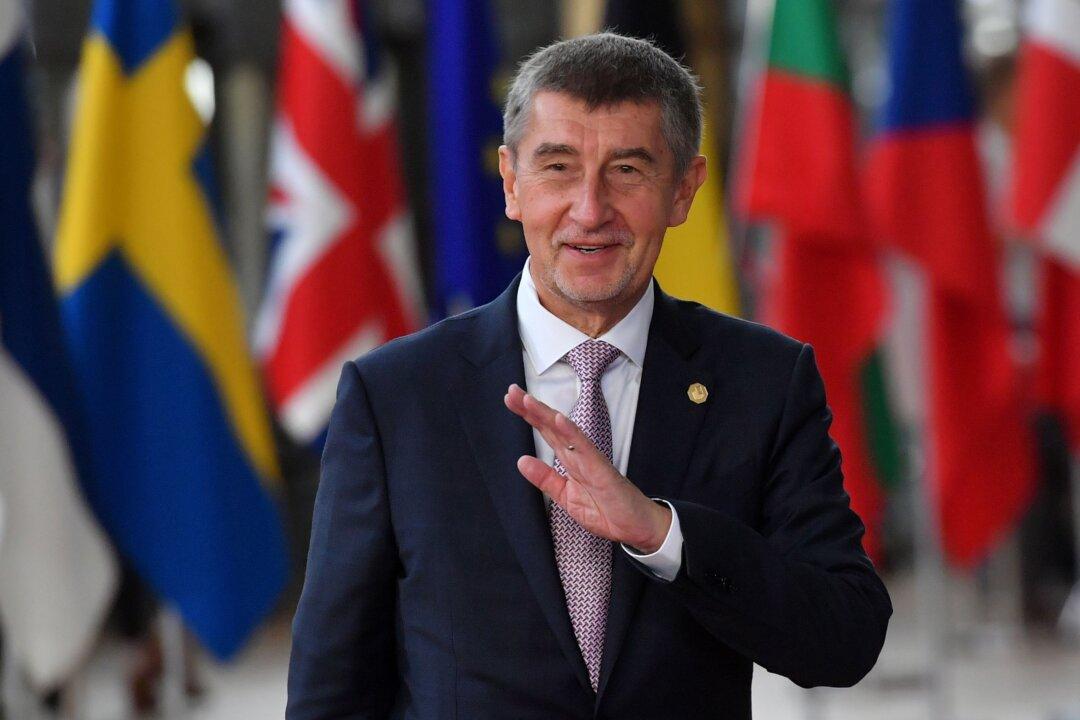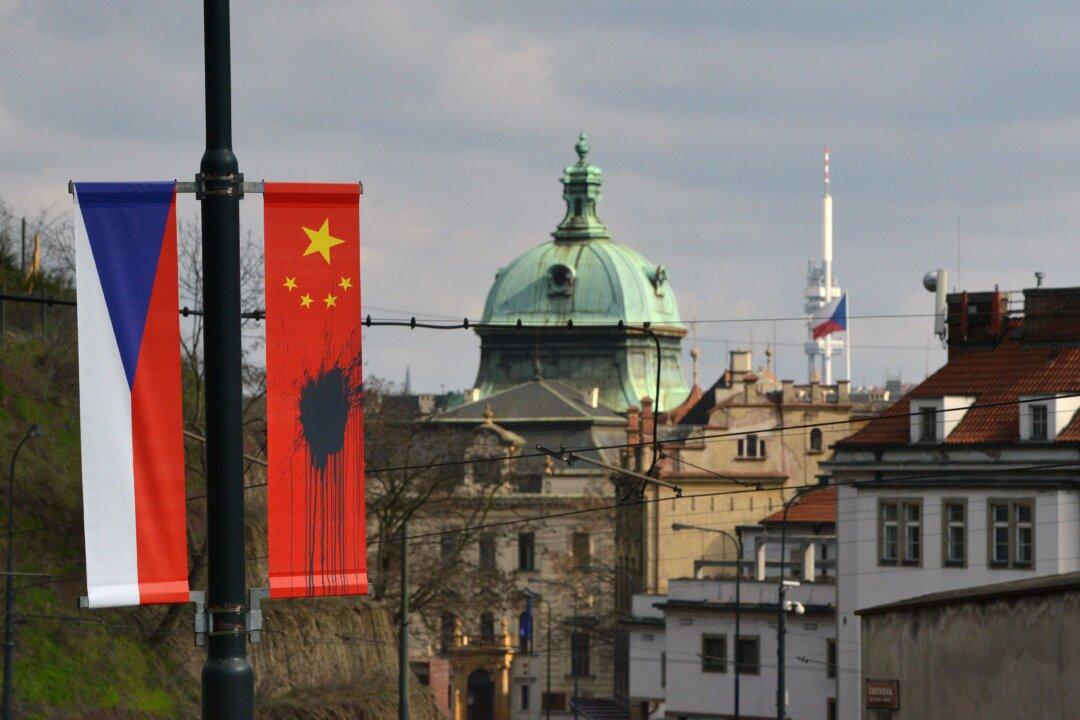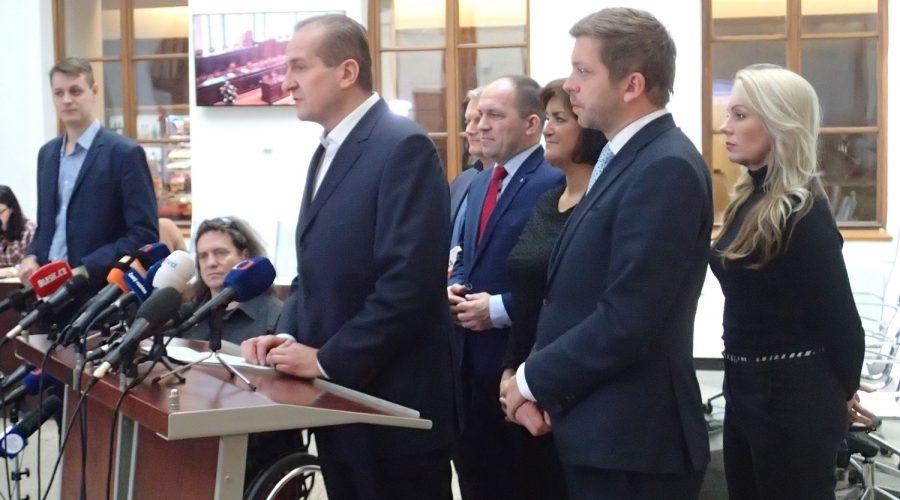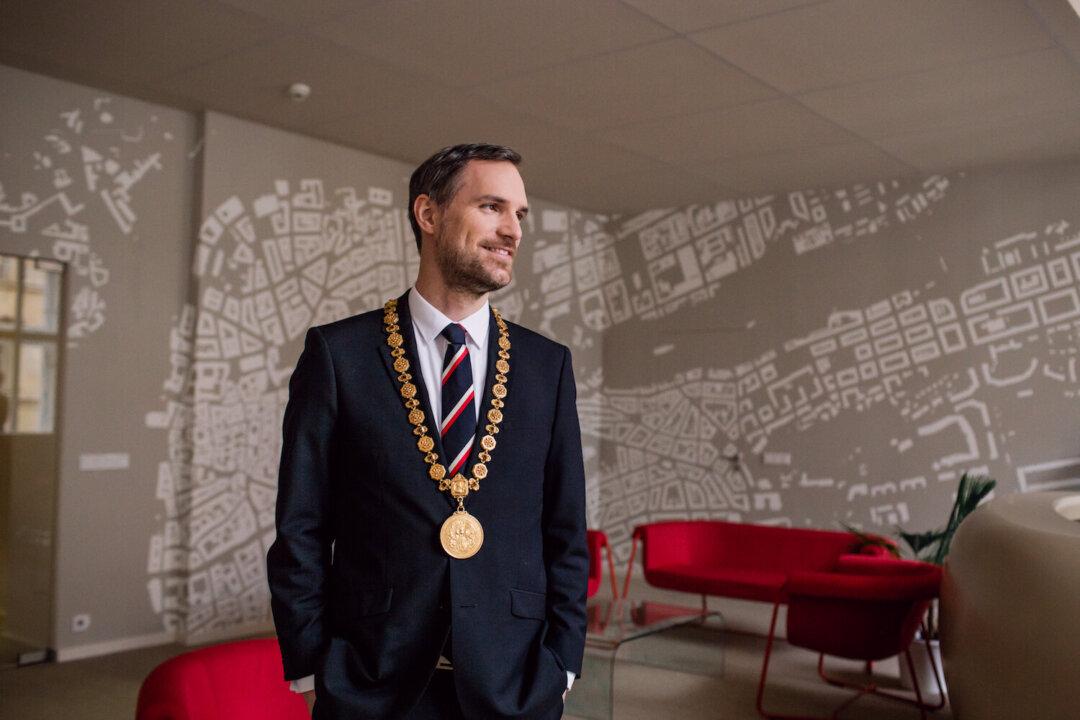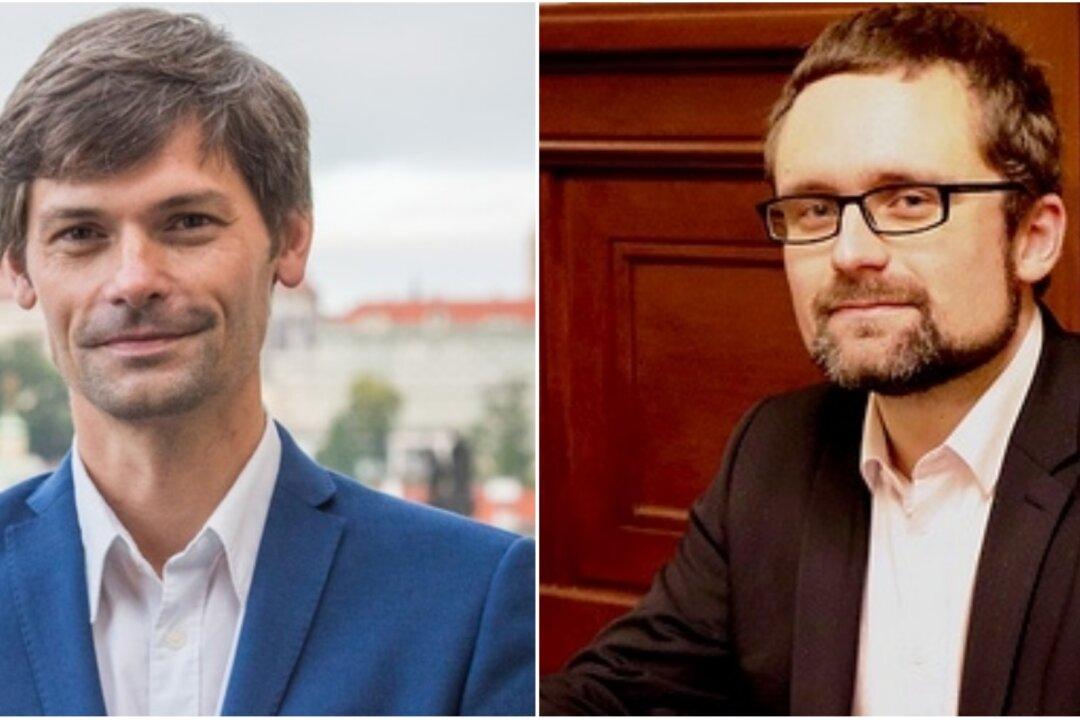PRAGUE—On Dec. 18, 2018, Czech Prime Minister Andrej Babiš ordered the Czech Government Office to stop using all mobile phones built by the Chinese tech company Huawei. The procedure was also adopted across the central European country’s ministries of industry and trade, interior, defense, and health.
The Government Office serves as the central administration of the Czech Republic.
